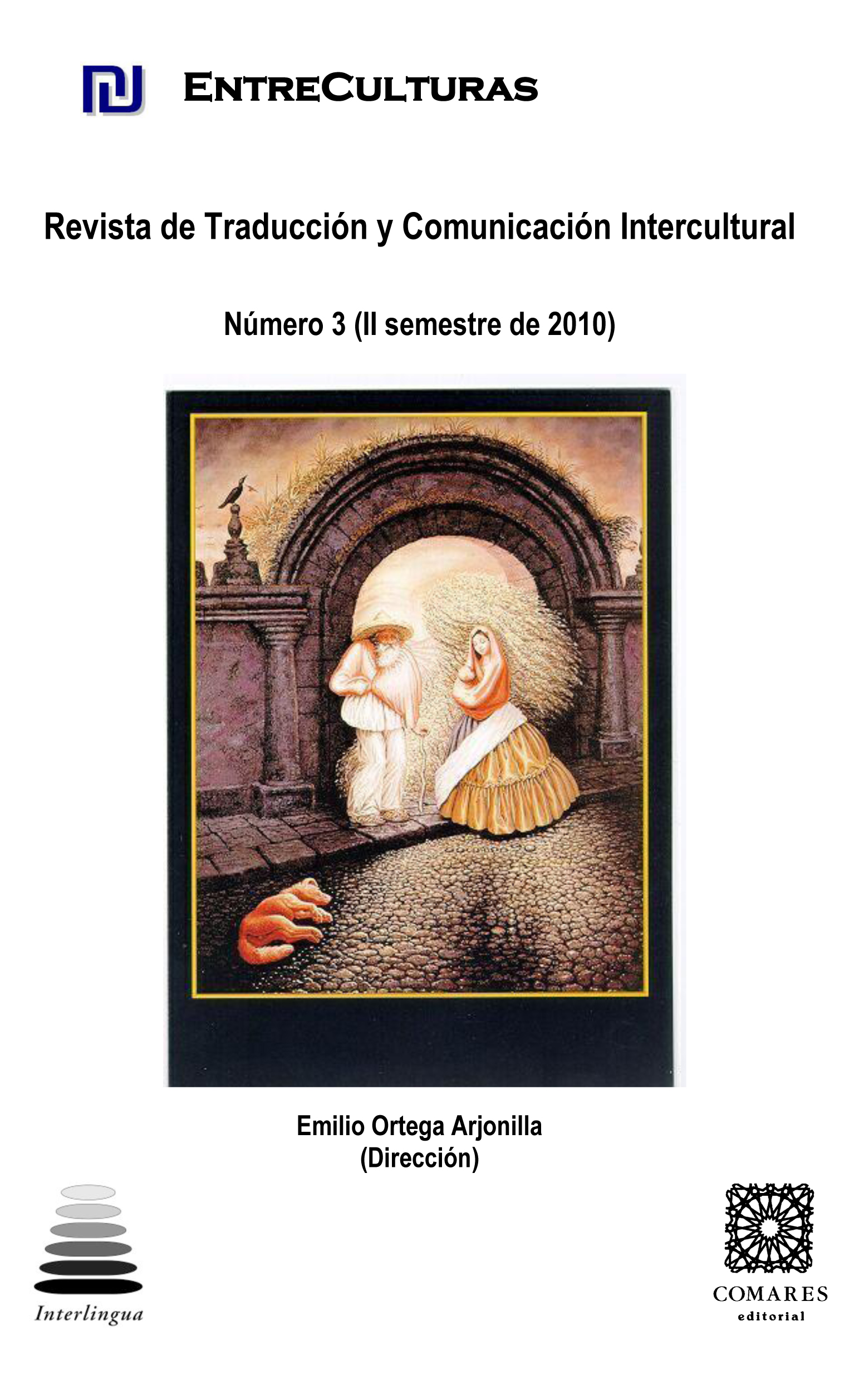ICT IN HIGHER EDUCATION IN PORTUGAL. CALL – COMPUTER-ASSISTED LANGUAGE LEARNING
DOI:
https://doi.org/10.24310/Entreculturasertci.vi3.11629Keywords:
CALL (Computer-Assisted Language Learning), ICT, FLT (Foreign Language Teaching), (FLL) Foreing Language LearningAbstract
The paper will explore CALL (Computer-Assisted Language Learning) in Portugal, focusing on higher education level. The lack of exploitation of CALL in PT is well-documented in several reports, e.g. The EU commissioned report "The Impact of Information and Communications Technologies on the Teaching of Foreign Languages and on the Role of Teachers of Foreign Languages" (2002: 5): "The use and employment of ICT in FLT and FLL is far from satisfactory, as ICT resources are traditionally reserved for `(computer) science‘ subjects, and rarely assigned to arts subjects. A general lack of appropriate training of language teachers in meaningful uses of ICT tends to strengthen this trend". The paper will address these needs by focusing results from European projects like POOLS. We‘ll deal with questions concerning online materials that can be used for developing language lesson contents making use of the advantages of e-Learning and questions on teaching the less taught languages to use.
Downloads
Metrics
References
KEITH, Cameron (ed.) (1999): CALL, Media, Design & Applications. Red Barn Publishing.
? (ed.) (1999): CALL & The Learning Community. Elm Ban Publications.
LEVY, Michael (1997): Computer-Assisted Language Learning. Context and Conceptualization. Oxford University Press.
MARTY, F. (1981): "Reflections on the Use of Computers in Second Language Acquisition". System, n.º 9 (2), 85-98.
FELIX, U. (2001): Beyond Babel: Language Learning Online. Melbourne: Language Australia. Reviewed at http://www.camsoftpartners.co.uk/FelixReview.htm
HIGGINS, J. y JOHNS, T. (1984): Computers in Language Learning. Londres: Collins.
Downloads
Published
How to Cite
Issue
Section
License
All contents published in Entre culturas. Revista de traducción y comunicación intercultural are protected under the Creative Commons Attribution-NonCommercial-ShareAlike 4.0 International (CC BY-NC-SA 4.0) license. All about this license is available in the following link: <http://creativecommons.org/licenses/by-nc-sa/4.0>
Users can copy, use, redistribute, share and exhibit publicly as long as:
- The original source and authorship of the material are cited (Journal, Publisher and URL of the work).
- It is not used for comercial purposes.
- The existence of the license and its especifications are mentioned.
There are two sets of authors’ rights: moral and property rights. Moral rights are perpetual prerogatives, unrenounceable, not-transferable, unalienable, imprescriptible and inembargable. According to authors’ rights legislation, Entreculturas. Revista de traducción y comunicación intercultural recognizes and respects authors moral rights, as well as the ownership of property rights, which will be transferred to University of Malaga in open access. The property rights are referred to the benefits that are gained by the use or the dissemination of works. Entreculturas. Revista de traducción y comunicación intercultural is published in an open access form and it is exclusively licenced by any means for doing or authorising distribution, dissemination, reproduction, , adaptation, translation or arrangement of works.
Authors are responsable for obtaining the necessary permission to use copyrighted images.





7.png)
